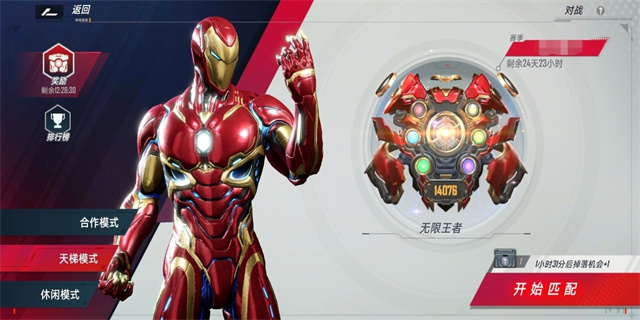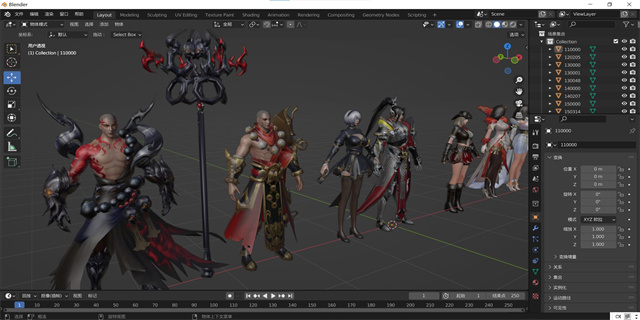transistor(Transistor The Tiny Device that Revolutionized Electronics)
Transistor: The Tiny Device that Revolutionized Electronics
Introduction:
Transistors are perhaps one of the most important inventions in the field of electronics. These tiny devices have revolutionized the way we live and have paved the way for numerous technological advancements. In this article, we will delve into the history of transistors, their working principles, and their impact on various industries.

The Birth of Transistors:
Transistors were first invented in 1947 by three scientists - John Bardeen, William Shockley, and Walter Brattain - at Bell Laboratories in the United States. Prior to transistors, vacuum tubes were used in electronic devices. However, vacuum tubes were large, fragile, and consumed a significant amount of power. The invention of the transistor was a game-changer as it provided a smaller, more reliable, and energy-efficient alternative.

Working Principle of Transistors:
Transistors are semiconductor devices that amplify electronic signals and switch them on or off. They consist of three layers of semiconductor material - the emitter, the base, and the collector. The most commonly used type of transistor is the bipolar junction transistor (BJT). In a BJT, the current flowing through the base-emitter junction controls the current flowing through the base-collector junction. This allows transistors to amplify weak signals or act as switches.
Applications and Impact:
Transistors have had a profound impact on various industries and have played a crucial role in the development of modern technology. Here are some key applications and their impact:
1. Electronics:
Transistors are the building blocks of modern electronics. Virtually all electronic devices, from smartphones and computers to televisions and radios, rely on transistors. Their small size, low power consumption, and high reliability make them ideal for integration into various electronic circuits.
2. Telecommunications:
Transistors have revolutionized the field of telecommunications. They have made it possible to miniaturize devices like cell phones and enable wireless communication. The widespread use of transistors in communication systems has led to improved connectivity, faster data transfer rates, and increased network capacity.
3. Medical and Biotechnology:
Transistors have found applications in the medical and biotechnology industries. They are used in devices such as pacemakers, defibrillators, and glucose monitors. Transistors integrated with sensors can detect and measure various biological parameters, enabling better diagnosis and treatment of medical conditions.
4. Energy Efficiency:
Transistors have significantly contributed to energy efficiency. Their low power consumption and the ability to control the flow of electricity efficiently have led to the development of energy-saving devices and systems. Transistors are an integral part of renewable energy systems, smart grids, and energy-efficient appliances.
Conclusion:
Transistors have played an instrumental role in shaping the modern world. Their invention has paved the way for the development of smaller, faster, and more efficient electronic devices. From telecommunications to healthcare, transistors have left an indelible mark on various industries. As technology continues to advance, we can expect even more groundbreaking applications of transistors in the future.
Transistor: The Tiny Device that Revolutionized Electronics
2024-03-16
















